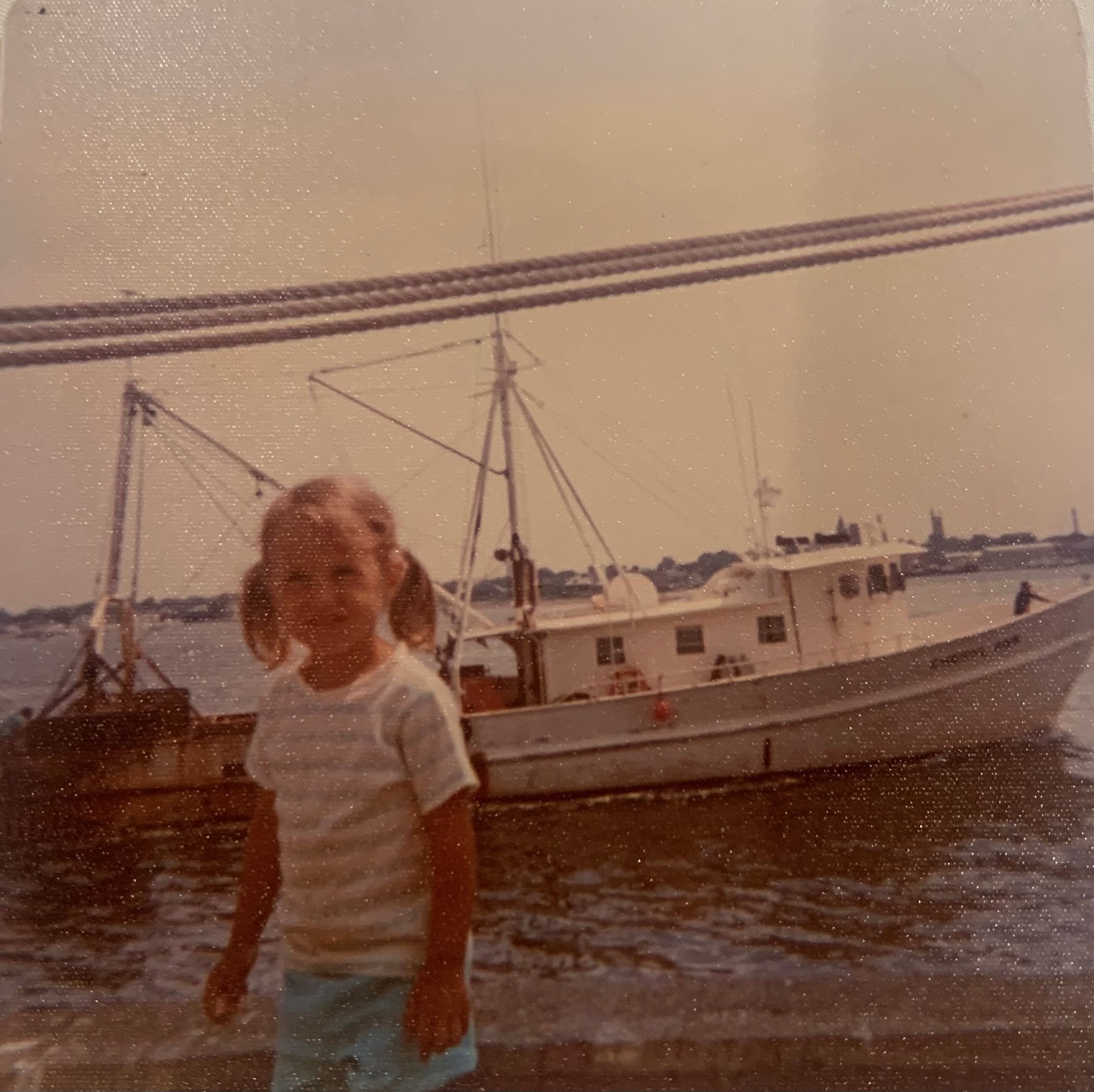Supporting Healthy Oceans
Celebrating National Seafood Month with VP of Wellness & Sustainability Suzanne Landry
Supporting sustainable seafood and keeping our oceans healthy and safe has been a leading initiative under Eurest’s Food with Purpose wellness and sustainability platform as part of our commitment to sourcing sustainable ingredients. Many people around the world rely on seafood as a part of their diet, yet the world’s natural supply can’t keep up with the demand.
[et_pb_text _builder_version=”4.9.4″ _module_preset=”default” min_height=”84px”]
VP Wellness & Sustainability Suzanne Landry’s passion for keeping our oceans safe drives much of this work.
“We are constantly learning more about the current state of our oceans and the immense impact we can have on driving responsible sourcing throughout the industry. It is imperative that we do our part to preserve the health of our oceans for future generations. Seafood is an important part of our diet and history.”
Suzanne grew up on the ocean and spent summers on her boat around Buzzard’s Bay in Massachusetts. Every weekend from April to just before Thanksgiving when everyone else was inside their house by a fire, she says she was out fishing with her dad for bluefish, flounder and bass as well as quahauging (harvesting hard shell clams) with her mom, which taught her to importance of sustainable sourcing.
Some of the fish and sharks that were abundant when I grew up such as the sand sharks that swam around my feet when I would look for crabs are no longer there. I haven’t seen a sand shark in years! Our oceans are changing and we need to collectively do something about it. Celebrate National Seafood Month with us and make it priority with every meal.

If you missed it last year… this is Suzanne is showing us how she harvests quahaugs (hard shelled clams) and oysters sustainably by her home in New England. “This is a family tradition that I have loved for as long as I can remember, and it’s where my passion stems from. I can think of no better way to celebrate National Seafood Month!”
Click below to watch Suzanne’s quahaug harvest adventure!
OUR SEAFOOD CHOICES MATTER.
Having global sustainable fishing and farming methods is key to avoiding over farming and extinction and to protect habitats. Eurest follows science-based seafood recommendations from our industry partner, Monterey bay Aquarium’s Seafood Watch, striving to source only Best Choice (green) and Good Alternative (yellow) rated seafood from a sustainable supply chain.
Every time we (or you!) choose to purchase or eat seafood, we have the opportunity to protect ocean resources and ensure a long-term supply of seafood in our global waters.
Here’s how you can get involved:
– Help us tell suppliers, markets and restaurants that sourcing environmentally responsible seafood products matters to you. When you shop and buy sustainable seafood, you can vote with your wallet for a healthier ocean. The industry responds to what consumers buy and over-time this can lead to positive change.
– For a list of responsible selections, check out the Monterey Bay Aquarium Seafood Watch Consumer Guides or download the Seafood Watch app so you can easily access it when you’re shopping for seafood.
– Buying seafood that carries independent certification ecolabels can also help support the protection of ecosystems as well as workers. While shopping, look for products that have the MSC label on wild-caught seafood and ASC label on responsibly farmed aquaculture products.
– Reduce, reuse and recycle. Wherever you can, reduce your use of single use packaging; be mindful and only take what you need to conserve resources and recycle. Contact your waste hauler and find out where your trash ends up and what gets actually recycled so you know what part of your waste ends up in the landfill. This can be the first step to bring awareness of how much of what we consume gets thrown away.
Wild-caught fish is not the only sustainable option. Farm raised seafood can be sustainably managed. In fact, aquaculture or fish farming helps mitigate the impact on wild fisheries.
– Reduce food waste. Me mindful of your carbon footprint: all of the resources that are expended along the food supply chain to bring food to your kitchen. Whatever you can do to reduce how much food you throw out can go a long way to help decreasing the expenditure of our earth’s resources.